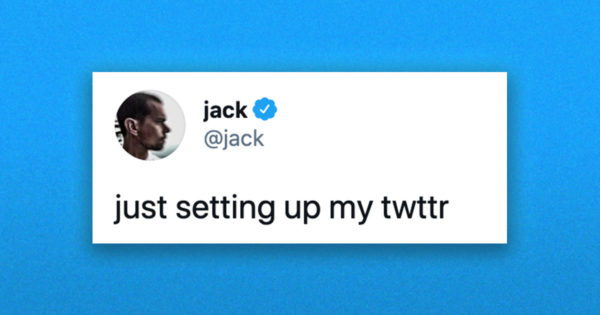In the digital age, the landscape of social media has changed the way people communicate, share ideas, and make connections. Twitter, a platform that has become synonymous with this evolution, launched on March 21, 2006. As we celebrate the anniversary of Twitter, it is worth looking back at the first tweet ever sent, a moment that marked the beginning of a new era in online communication.
The First Tweet
The first tweet, sent by Twitter co-founder Jack Dorsey, read: “just setting up my twttr.” This short, simple message represented a groundbreaking shift in the way people shared their thoughts and ideas with the world. While the tweet itself may not have been monumental, it paved the way for the platform to become a powerful tool for self-expression, information dissemination, and global communication.
Twitter’s Evolution
Initially named “Twttr,” the platform was inspired by SMS text messaging and aimed to be a service where users could send short messages to a group of friends. The 140-character limit, later expanded to 280 characters in 2017, was designed to accommodate the constraints of SMS messaging. As the platform gained popularity, it became a hub for real-time updates on news, events, and opinions.
Twitter’s Impact
In its 17 years, Twitter has become a global phenomenon, transforming the way we consume news, engage in political discourse, and connect with others. Some key moments in Twitter’s history include:
- Hashtags: The introduction of the hashtag (#) in 2007, which allowed users to tag their tweets with a topic or theme, making it easier to find and follow conversations.
- Twitter Moments: Launched in 2015, Twitter Moments allowed users to curate and share collections of tweets about a specific event or topic.
- Live Video: In 2016, Twitter introduced live video streaming capabilities, enabling users to share real-time footage with their followers.
- Fleets: In 2020, Twitter introduced Fleets, a feature allowing users to share ephemeral content that disappears after 24 hours, similar to Instagram Stories and Snapchat.
In addition to these features, Twitter has played a significant role in social movements, political campaigns, and emergency response efforts. It has become a platform for activists, journalists, and celebrities to communicate with the public, and it has even been used to break news stories before traditional media outlets.
The first tweet, while simple in its message, marked the beginning of a transformative era in communication. Today, Twitter has grown into a powerful platform that shapes global conversations, influences public opinion, and connects people from all walks of life. As we reflect on the impact of this first tweet, it is clear that Twitter’s legacy will continue to evolve and shape the digital landscape for years to come.
